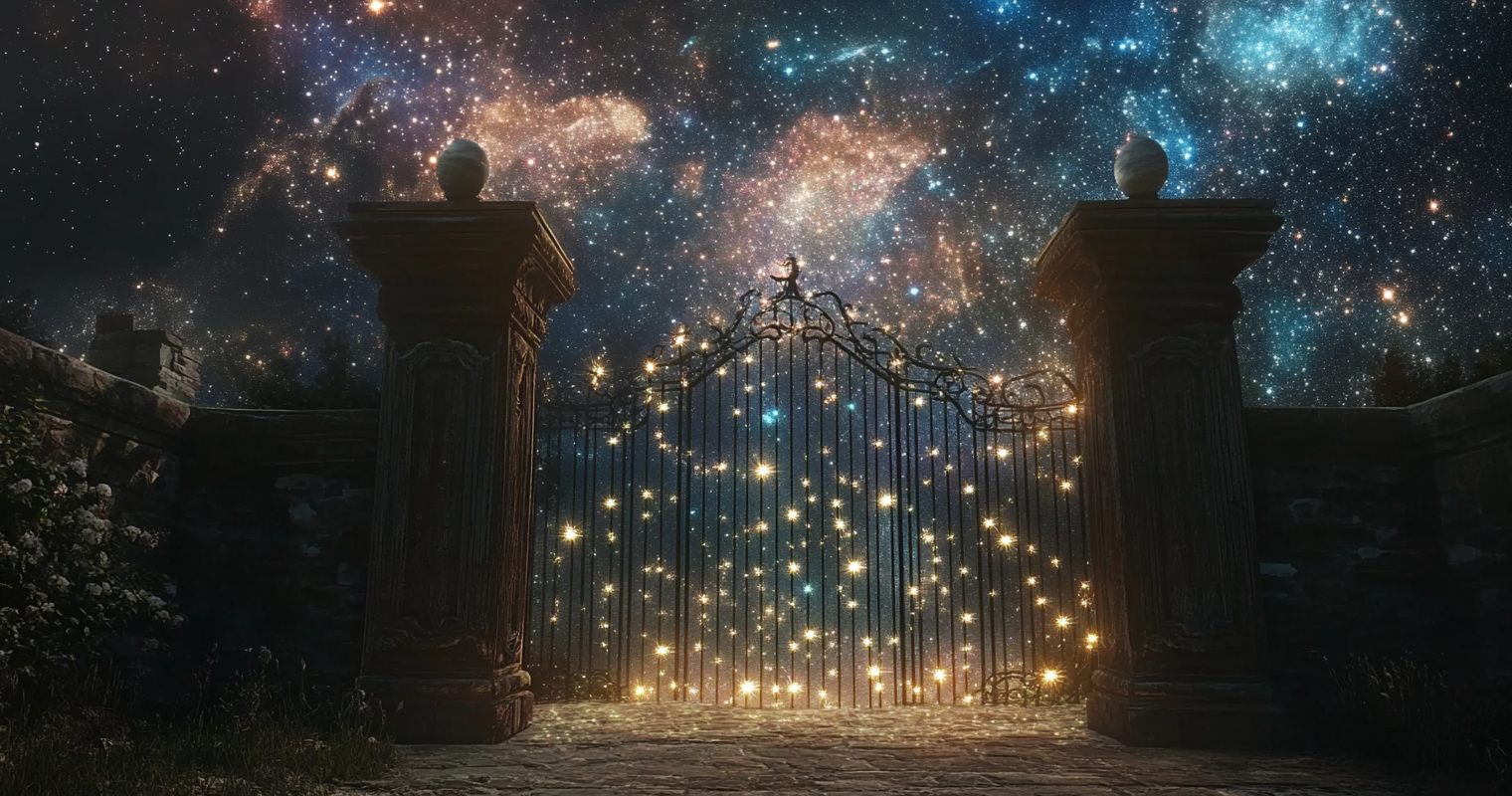January 28, 2025
In his first week back in office, Donald Trump gathered tech leaders Tuesday to announce a half-trillion-dollar project called Stargate.
Flanked by OpenAI CEO Sam Altman, Oracle chairman Larry Ellison, and SoftBank CEO Masayoshi Son, Trump announced a $500 billion private investment in artificial intelligence infrastructure that he said is “a resounding declaration of confidence in America’s potential.” SoftBank’s Son called it the “beginning of a golden age” of AI in the United States.
While Trump heralded the announcement from the White House, Stargate is a privately funded joint venture. The new entity is backed by OpenAI, SoftBank, and Oracle, but also MGX, an Abu Dhabi-based investment firm. Microsoft and chipmakers Arm and Nvidia were named “technology partners” for Stargate. The purpose: to build massive data centers across America to spur the increased demand for AI.
The flashy price tag caught plenty of attention, but Stargate also has spurred controversies about Trump’s relationship with Silicon Valley and raised questions about the value of energy-guzzling data centers in the age of AI.
Elon Musk scoffs at Stargate
Within hours of the announcement, the Stargate announcement sparked criticism from Elon Musk, who has been a major funder of Trump’s presidential campaign and adviser to him in the White House. Musk, who runs xAI, a rival firm to Altman’s OpenAI, claimed on social media that “they don’t have the money.” He went on to say that he has it on “good authority” that SoftBank has less than $10 billion secured for the project.
Altman refuted this in a response to Musk. “Wrong, as you surely know,” he wrote on X. “This is great for the country. I realize what is great for the country isn’t always what’s optimal for your companies, but in your new role I hope you’ll mostly put America first.”
Musk’s critique may have been rooted in jealousy. Stargate appears to primarily benefit one company: OpenAI. “Even if the Stargate infrastructure is made available to other AI developers, OpenAI could potentially use its ‘operational responsibility’ to tilt the playing field in its favor,” said Jack Corrigan, a senior research analyst at Georgetown’s Center for Security and Emerging Technology.
Should Trump get credit for Stargate?
The public spat between Silicon Valley’s top CEOs-turned-lobbyists was only one controversy that emerged from this announcement. News outlets reported that the Stargate deal was in the works for months before Trump took office and that an Oracle data center complex in Abilene, Texas, highlighted during the event, was already under construction as of this past summer.
“This project was started well before the Trump administration,” said Scott Bade, a geo-technology analyst at Eurasia Group. “It was really more about branding it with the White House imprimatur than Trump playing a real role.” He said Trump is happy to take credit for Stargate even if there aren’t federal dollars supporting it.
How much energy will Stargate need?
There are open questions about how to power all of this new infrastructure. AI systems require enormous amounts of energy, and the Stargate project will require an estimated 15 gigawatts across sites, according to Morgan Stanley. It’s unclear what the energy mix will be, but the first site in Abilene will rely on natural gas.
While the Biden administration pushed for clean energy sources — even backing the use of nuclear energy — Trump has signaled his openness to relying onfossil fuels for data centers. Perhaps the most likely outcome is there’s no cop on the beat pushing data center developers and AI companies toward renewable and clean energy sources, pushing us closer toward an energy crisis at a time when Goldman Sachs estimates AI will drive data center power demand 160% by 2030.
“Building data centers for AI without considering their environmental impact to nearby communities could cause massive shortages of various finite resources, especially in Texas where the first Oracle data centers are being built,” said Gadjo Sevilla, senior analyst at eMarketer.
The DeepSeek question
Stargate is built on the assumption that to train and run powerful AI models developers need access to powerful chips running in high-tech data centers that can support them.
But the recent emergence of DeepSeek, a Chinese AI startup claiming it’s developed a top large language model without access to top Nvidia chips or extensive data center infrastructure, has raised questions about the importance of such a massive scale in developing and deploying AI.
If DeepSeek is telling the truth about its breakthrough, that could throw Stargate’s entire premise out the door and reset the AI market entirely. Suddenly, AI demand for data centers could fall through the floor.
More For You
Most Popular
Our sharing success program reflects BofA’s commitment to teammates and driving economic opportunity for employees and communities. The Proof: Since 2017, our program has awarded nearly $6.8B to employees—recognizing their contributions and investing in their future. Learn more.
WATCH THE REPLAY: At this year's World Economic Forum in Davos, Switzerland, our Global Stage panel discussion will examine the growing infrastructure around AI, how countries are tackling AI adoption, and the ways in which local and supranational industries might benefit from this rapidly accelerating technology. Watch at gzeromedia.com/globalstage
© 2025 GZERO Media. All Rights Reserved | A Eurasia Group media company.
